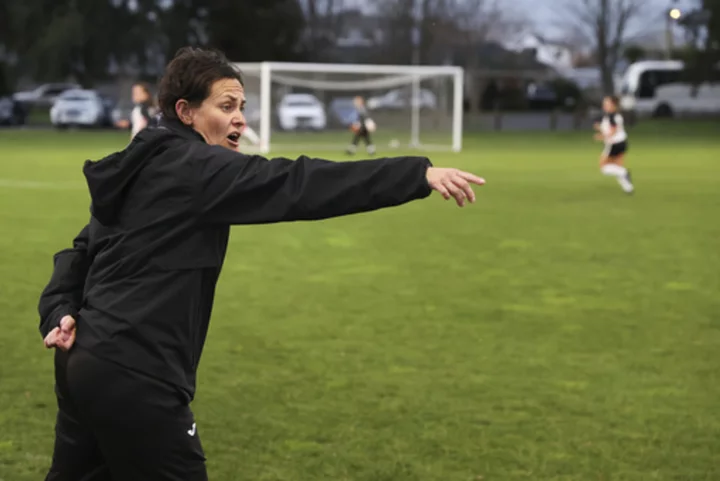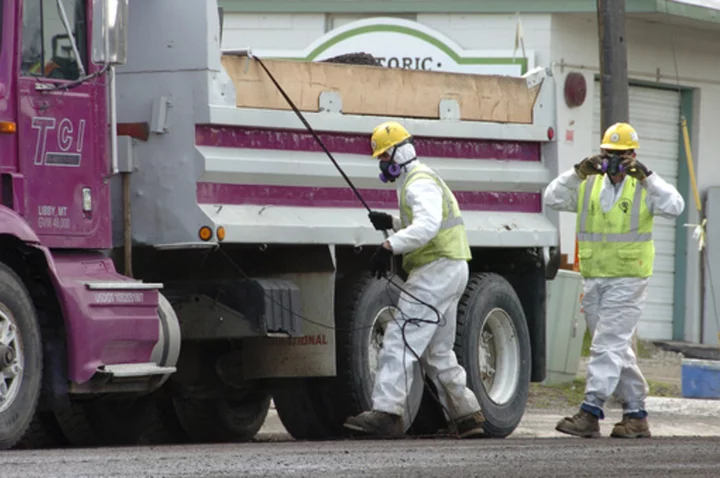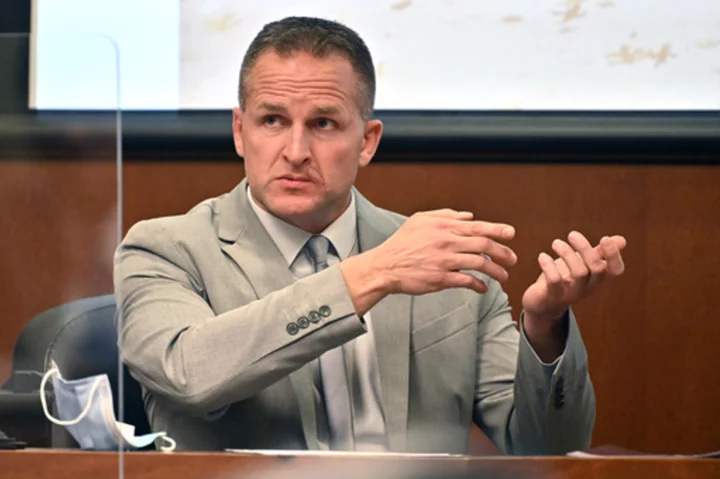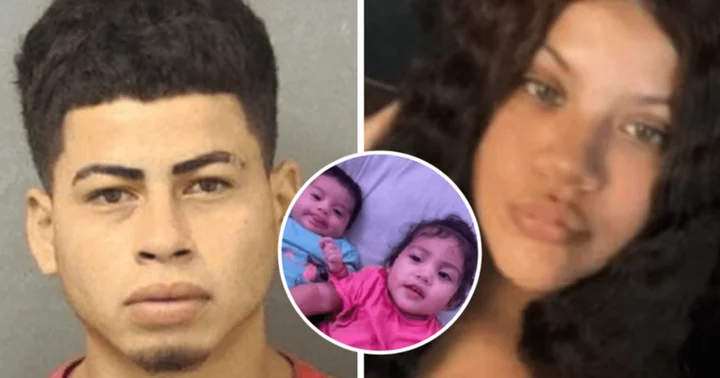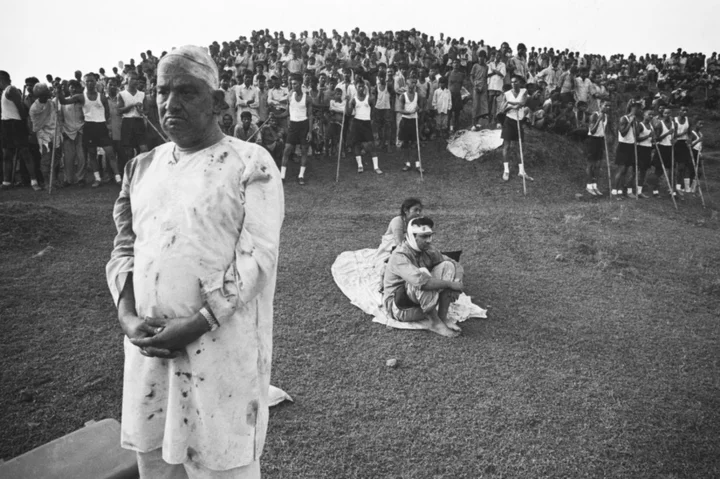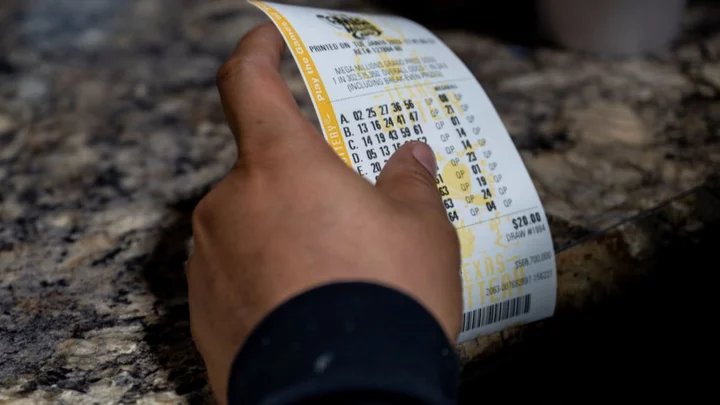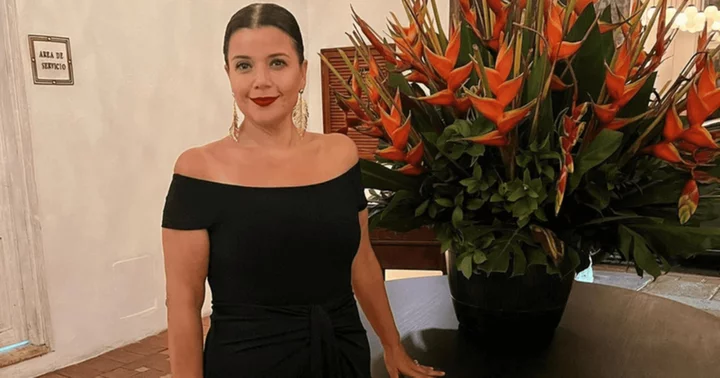HAMILTON, New Zealand (AP) — When New Zealand kicked off in the Women’s World Cup opener against Norway last weeek, just three of the 23 Football Ferns traced their roots to the Indigenous Maori people.
By contrast, when the Kiwis hosted the Women’s Rugby World Cup last year, more than half of the players on its 30-person championship team were Indigenous.
The sport of soccer sits far behind rugby in the national consciousness of New Zealand, and Maori representation in coaching is even smaller by comparison. But a youth coach is among those leading the charge to change the landscape of soccer in New Zealand, and sports more broadly for the Maori people.
Tarena Ranui is one of the leading youth coaches in New Zealand and the 2019 junior coach of the year. She works at Ngaruawahia High School, a mostly Maori school 20 minutes outside of Hamilton in the Waikato region.
Until a year ago, the school had no air conditioning or heating. Buckets collected rainwater from leaky roofs. The 45-year-old Ranui has a mission that keeps her at Ngaruawahia.
“I want my every student to understand that to be from here, to be Maori, to come from Ngaruawahia is more than enough to compete with the best,” she said. “It’s more than enough.”
Ranui grew up playing soccer in the 1980s. There were so few female players in Hamilton that she played on all-boys’ teams until high school.
When her 3-year-old son and his Maori friends wanted to play, she began coaching. She coached her son’s team until they were ready to be integrated into the academy and club system.
When the team started winning, they got noticed – but not in positive terms.
“There’s not very many primary-age teams that are predominantly Maori,” Ranui said. “Then when they were good, it was sort of like: ‘Well hang on, how did this happen? There must be a reason. There must be something you’re doing illegal in order to produce this.’”
Opponents’ parents asked extra referees to observe games and officials to check player ages. Some even took to Facebook with hate speech, said Ranui’s husband, Harold.
University of Auckland sports professor Toni Bruce said she doesn’t know of research indicating that discrimination against Maori exists across youth soccer culture. Nonetheless, “in practice and in public consciousness, you could say that soccer is seen as a predominantly white sport,” she said.
Because there are so few Maori players at the highest levels of soccer in New Zealand, “there are very few role models,” Bruce added.
Many players on Ranui’s first team later traded soccer for sports where Maori are more traditionally represented, like rugby.
Ranui realized in order to attract Indigenous players, she needed to create a place within the sport for Maori players to call their own. This vision became reality in 2018 when local club Melville United asked Ranui to build its girls’ soccer academy.
Ranui runs two youth teams and the senior women’s side at Melville. For many girls, like 17-year-old Stevie-Lee Merryltiller, Ranui is their first Maori coach and often their first female coach.
“It shouldn’t be such a massive thing if you’re Maori or whatever culture you are,” Merryltiller, who like Ranui grew up playing on all-white boys teams, said. “But just being able to go up to her and know that we are the same, it’s really cool.”
Ranui has been inspired by the oral histories of her own people and their survival over the centuries. The Polynesian voyagers were the first people to settle in New Zealand, hundreds of years before Europeans explorers started sailing into the area in the 1640s. These original Polynesian settlers are now known as the Maori.
“Those (oral history) stories exist here,” she said. “I think it teaches us a lot about how we can move, how we can perform and how we can compete.”
Ranui embeds Maori culture by using words from the language in her coaching and leading Karakia, a type of Maori prayer, after matches.
Soccer's world governing body has made a point of respecting the First Nations cultures of Australia and New Zealand at this Women’s World Cup, a theme that has run from the opening ceremony through every match, which begin in New Zealand with a powhiri, a Maori welcome ceremony.
“To see New Zealanders on the world stage compete, more than that to win, you can’t retell those stories," Ranui said. "The things that when you see with your naked eye, and you feel, and you can hear, and your senses are alive — it births something inside of you.
“I think for me, to see is to make it possible to be.”
As Ranui worked to raise the profile of her club, she made her own ascent in the national coaching scene.
In 2019, she was named New Zealand’s junior coach of the year. Since then, she’s reached the second-highest tier for New Zealand soccer coaches. There are few women at this level, and Ranui is one of the only Maori to reach this stage.
Most recently, she was invited to the under-17 youth national team coaching staff. Ranui would be one of the only Maori people coaching in the national team system.
Meanwhile, she’s still teaching full-time at Ngaruawahia High School. Assistant Principal Andrea Kingi said Ranui could “work anywhere she wanted,” including better-resourced private schools.
Ranui doesn’t intend to leave.
“It’s not so much for me and my own journey. It’s so that the female Maori athlete, footballer can see (herself),” Ranui said. “She can not only belong, but she can thrive and that she can move in such a way that represents, makes room and gives permission for her indigeneity.”
___
More AP Women’s World Cup coverage: https://apnews.com/hub/fifa-womens-world-cup

